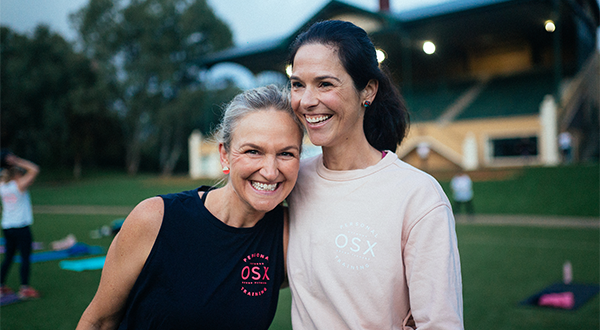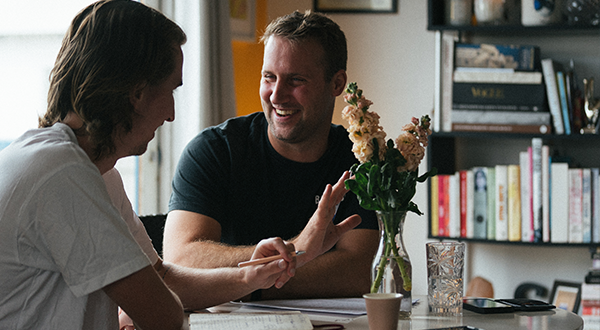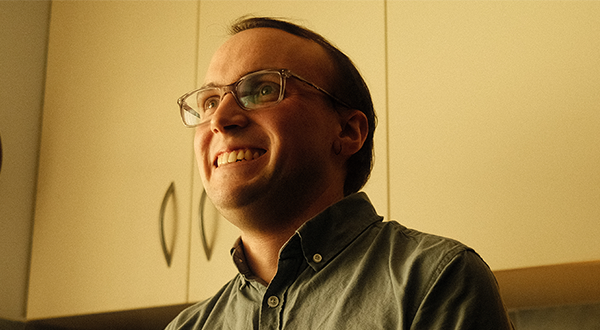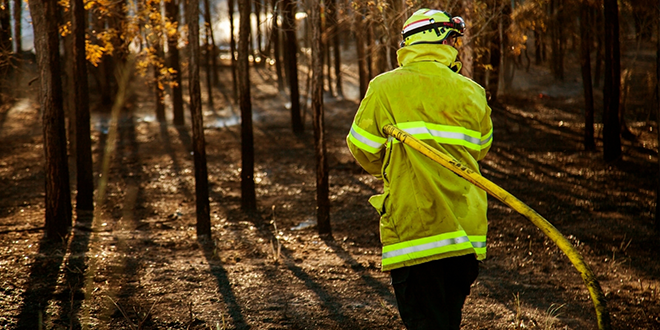Learn about mental health
In Australia, around 1 in 2 people will struggle with their mental health during their lifetime.
Learning about mental health will help you look after your social and emotional wellbeing. It will also help you support people close to you.
It's important to get support early if you're feeling unsettled or struggling. We've got information and resources about the signs and symptoms to watch out for and where to find support.


Who does mental health affect?
Factors affecting mental health
Managing your mental health
Staying well is about finding a balance that works for you, but there are some general principles that most people find useful.
Check your mental health
Everyone’s mental health journey is different. We all experience ups and downs, so it’s important to do regular check ins.
We have some simple tools to help you to you assess your mental health. You can choose the one that’s right for you and get the resources and support you may need.


















